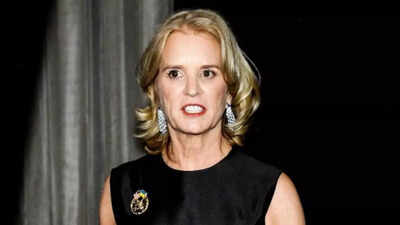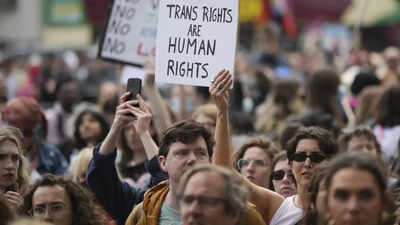Slovakian Lawmakers Approve Controversial NGO Regulation, Sparking Widespread Protests

In a significant legislative move, Slovakian lawmakers have recently approved a controversial law imposing stringent regulations on non-governmental organizations (NGOs) within the country. This law, which many activists argue poses a severe threat to civil society in Slovakia, passed on Wednesday and requires NGOs to disclose their funding sources along with the names of key contributors.
Accompanying the new regulations are substantial fines for organizations that fail to comply with these disclosure requirements, raising concerns about the potential chilling effects on civic engagement and freedom of expression. While Prime Minister Robert Fico and his government have framed the legislation as a necessary step toward enhancing transparency, a growing chorus of critics vehemently opposes it, viewing it as an effort to stifle dissenting voices.
Earlier this month, the country witnessed large-scale protests in opposition to the proposed law, prompting the government to reconsider some of its more contentious provisions. Thousands of demonstrators took to the streets of the capital, Bratislava, and other Slovak cities, voicing their apprehensions over what they perceive as undue governmental control over civil society.
As the protests escalated, the government made concessions, removing particularly contentious aspects of the legislation, such as a clause that would label NGOs as lobbyist groups and foreign agents. This decision followed vocal criticism from the European Commission, which highlighted the potential implications for freedom of association and civil liberties.
Katarina Batkova, the director of Via Iurisone of Slovakias oldest civil society organizationsarticulated the concerns shared by many opposition groups, dubbing the law the Russian law. She explained that while it may not replicate Russia's legislation verbatim, it draws inspiration from it. Batkova emphasized that the law is at odds with both the Slovak Constitution and European Union law.
In a parliamentary debate, Prime Minister Fico defended the law, asserting that it aligns with European standards rather than those of Russia or the United States. However, skepticism remains, particularly in light of a similar legislative effort in Georgia, where lawmakers passed a comparable bill last year, igniting significant protests both prior to and following its enactment. Critics there also pointed to parallels with Russia's NGO law, enforced since 2012, that has been utilized by the Kremlin to suppress dissent.
The backdrop to these recent events is a broader pattern of protests against the Slovak government's increasingly pro-Russian stance, which has fueled public discontent since December. If the newly elected President Peter Pellegrini does not veto the legislation, it is anticipated to come into force on June 1, further intensifying concerns among civil rights advocates about the future of civic freedoms in Slovakia.



























